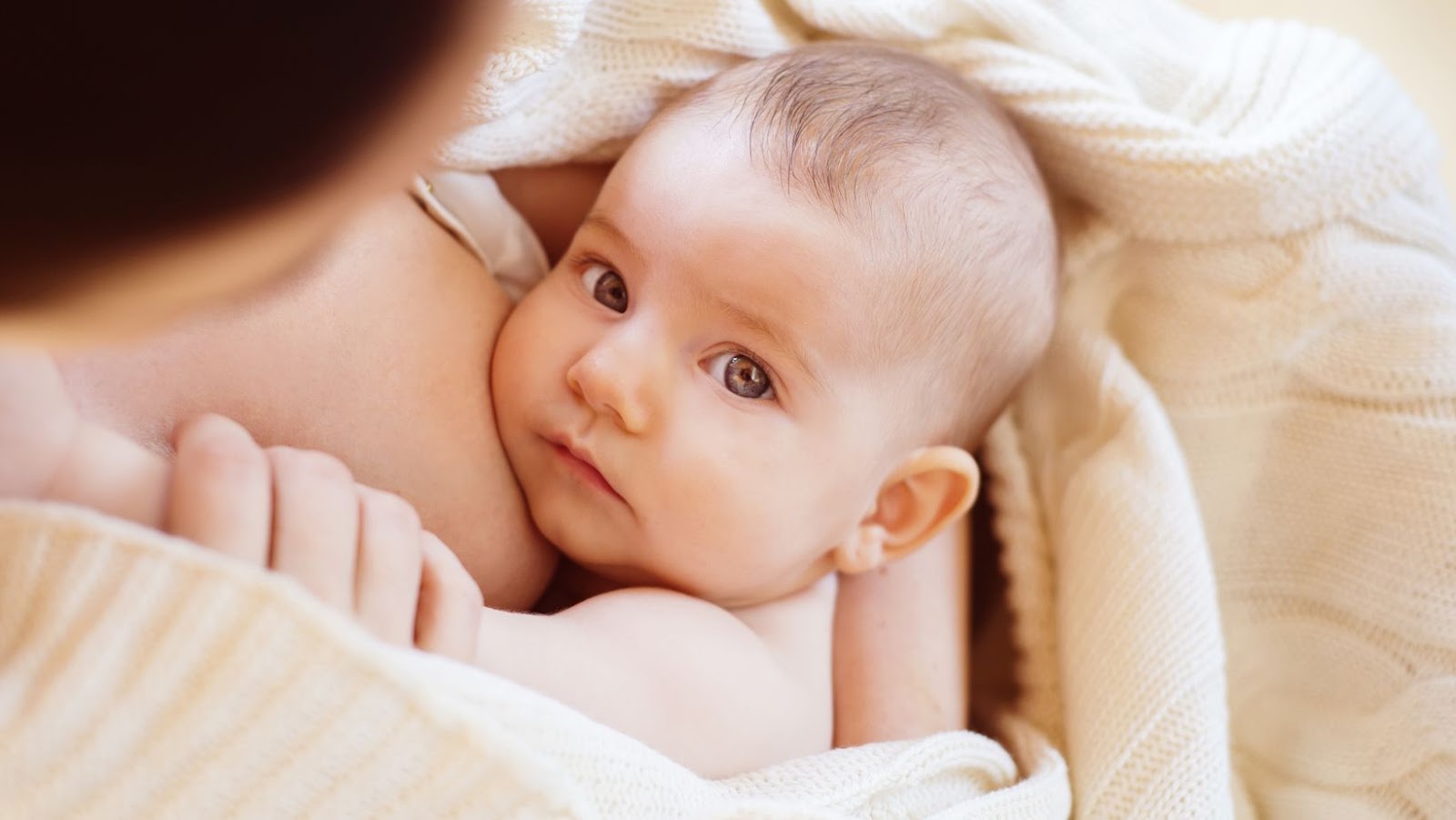If you’re breastfeeding and you’re feeling under the weather, you may be wondering if you can take Mucinex to help relieve your symptoms. The answer is: it depends. Mucinex contains guaifenesin, which is an expectorant that works by thinning and loosening mucus in the airways. While the safety of guaifenesin during breastfeeding is unclear, some sources suggest that it’s probably safe to use in moderation.
That being said, it’s always best to err on the side of caution when it comes to your health and your baby’s health. Before taking any medication while breastfeeding, it’s a good idea to talk to your doctor or a lactation consultant. They can help you weigh the pros and cons of taking Mucinex and recommend other options if necessary. Additionally, be sure to follow the recommended dosage and avoid taking any additional cough or cold medications without consulting a healthcare professional.

Can You Take Mucinex While Breastfeeding
As someone who has researched the topic of breastfeeding while taking medication extensively, I know that many new mothers have concerns about their drug intake during breastfeeding. One common question is, “Can you take Mucinex while breastfeeding?”
Before we talk about the potential risks of taking Mucinex while breastfeeding, let’s first understand what Mucinex is. Mucinex is an over-the-counter medication used to help relieve chest congestion caused by the common cold, infections, or allergies. The active ingredient in Mucinex is guaifenesin, which works by thinning out the mucus in your air passages, making it easier to cough out.
While Mucinex is generally considered safe for most people to use, there is limited research on the effects of this medication on breastfeeding infants. This is mainly due to the difficulty of conducting clinical trials on breastfeeding women and their infants.
However, some studies have suggested that taking high doses of guaifenesin or using Mucinex for prolonged periods of time could lead to side effects such as:
- dizziness
- headache
- nausea
- vomiting
- diarrhea
- rash
Moreover, in rare cases, guaifenesin may cause an allergic reaction in both mothers and babies. Symptoms of an allergic reaction include difficulty breathing, hives, swelling of the face or throat, and a fast heartbeat. If you or your baby experiences any of these symptoms, you should stop taking Mucinex immediately and seek medical attention.
It’s also important to note that Mucinex comes in different formulations, including Mucinex DM, which contains dextromethorphan. Since dextromethorphan has sedative effects and can affect a baby’s central nervous system, Mucinex DM is not recommended for breastfeeding mothers.
In conclusion, while there is limited research on the effects of Mucinex on breastfeeding infants, it’s important to consult with a healthcare provider before taking any medication while breastfeeding. They can advise you on the appropriate dosage and formulation of Mucinex as well as any potential risks or side effects.
Many breastfeeding mothers often struggle with cold symptoms, including congestion and coughing. While Mucinex is a popular over-the-counter medication that helps alleviate these symptoms, many new mothers wonder – can you take Mucinex while breastfeeding? While there are mixed opinions on the matter, some experts recommend avoiding Mucinex or a few other medications while breastfeeding due to possible negative effects on the baby. Though you should always consult with your doctor before taking any medication while breastfeeding, here are a few alternatives to Mucinex that are considered safe for lactating mothers:

Alternatives to Mucinex For Breastfeeding Mothers
- Steam
One of the most effective ways to relieve respiratory congestion is through steam. A warm shower or humidifier can do wonders for opening up your airways and can provide relief without the need for medication. Simply sit in a warm and steamy bathroom for 10-15 minutes, or invest in a humidifier for your bedroom.
- Nasal Saline Drops
Nasal saline drops are a safe alternative to Mucinex and can help relieve a congested and stuffy nose while breastfeeding. They work by loosening up the mucus in the nose and making it easier to breathe, making it an ideal solution for breastfeeding mothers.
- Honey and Ginger Tea
One of the best remedies for coughs and sore throats is honey and ginger tea. Not only is it natural and safe for breastfeeding mothers, but it also has anti-inflammatory properties and can provide soothing relief to irritated throat tissue. Simply grate a piece of fresh ginger, boil it in water, and add a tablespoon of honey and fresh lemon juice.
- Acetaminophen
If you’re experiencing a fever or body aches, acetaminophen (Tylenol) can provide relief without affecting your milk supply. This medication is safe for breastfeeding mothers, and it’s wise to speak with your doctor before taking it.
While Mucinex may be beneficial in alleviating symptoms, it’s essential to consider the safety of your child when breastfeeding. These safe alternatives offer natural relief and comforting support for mothers, making it easier to ease symptoms without compromising your health or your baby’s wellbeing.

Consulting With Your Doctor Before Taking Any Medications While Breastfeeding:
If you are a breastfeeding mother and you are experiencing a cough or cold, the question of whether or not to take Mucinex while breast feeding may arise. Mucinex is an over-the-counter medication that can be used to relieve cough, cold, and flu symptoms. However, it is essential to consult with your doctor before taking any medication while breastfeeding.
Although some medications may be safe to take while breastfeeding, others can be harmful to your baby. It is best to talk to your healthcare provider before taking any medication, even over-the-counter ones like Mucinex.
Your healthcare provider can help you determine whether mucinex is safe to use while breastfeeding based on factors such as the medication’s active ingredients, dosage, and frequency of use. Depending on your medical history and the age of your baby, your healthcare provider may also recommend alternative treatments for your cough or cold symptoms.
In general, it is best to avoid taking any medication while breastfeeding unless it is medically necessary and prescribed or approved by your healthcare provider. By taking precautions and consulting with your doctor, you can help ensure the safety of both you and your baby.
Bob Duncan is the lead writer and partner on ConversationsWithBianca.com. A passionate parent, he’s always excited to dive into the conversation about anything from parenting, food & drink, travel, to gifts & more!
